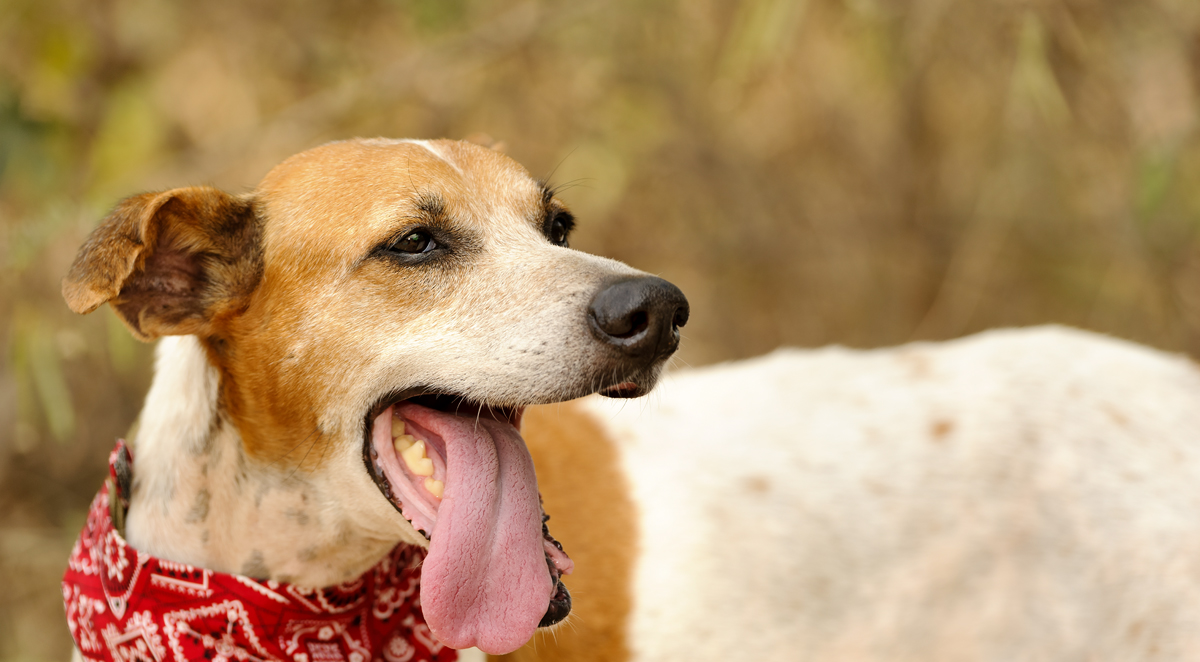
Dogs and cats are both known to use panting as a means to cool down their body temperature when they are hot. In addition to this, dogs will also pant when they are excited, anxious, or energetic. So while panting can be very normal, there are some circumstances in which it is an indication of something more severe. On average, and depending on size, a dog will take between 10-30 breaths per minutes. A cat will typically take about 20-30 breaths per minute. If you are concerned that your dog or cat is panting excessively, counting the number of breaths they take can be a good indication of whether they are experiencing a health issue.
Why Is My Pet Panting?
1. Severely Overheated (Heatstroke): In addition to panting, your pet may have glossy eyes, a fast heart rate, excessive drool, vomiting, diarrhea, a body temperature over 104 degrees Fahrenheit, seizures, and signs of weakness.
If your pet is experiencing heatstroke, the best thing to do is bring them inside and cool them down gradually with cool water (not cold), and to have them drink cool water (again, not cold). If the water is too cold, it can constrict the blood vessels. Once your pet is cooled down, bring your pet into his/her vet for a thorough check up.
2. Heart Trouble: Excessive panting, along with heavy breathing, reduced desire to exercise, and coughing can be a sign of heart issues. If your pet is showing these signs, get to the vet immediately.
3. Adrenal Issues: Sometimes the adrenal glands can produce too much cortisol (known as the stress hormone). This can cause an animal to pant, experience an increasing amount of hunger or thirst, have hair loss, or get a bloated belly.
4. Respiratory Trouble: Panting, heavy breathing, and coughing can all be signs of respiratory issues.
5. Injury or Pain: If your pet is suffering from pain due to an injury, it can cause excessive panting along with dilated pupils, a reduction in appetite, restlessness, anxiety, an avoidance to lay down, and licking or biting the area that is causing pain.
6. Low Blood Calcium: If a pet is experiencing low blood calcium levels, they may show an inability to stand or walk, signs of tremors, in addition to panting.
7. Allergies, Infections, or Irritation Effecting the Airways: Panting, wheezing, and noisy breaths are possible signs of allergies, an infection, or an irritation that may be effecting your pet’s airways.
8. Medication: If your pet is panting excessively and is on any medications, look at the side effects of those medications. Some medications are known to cause abnormal panting.
